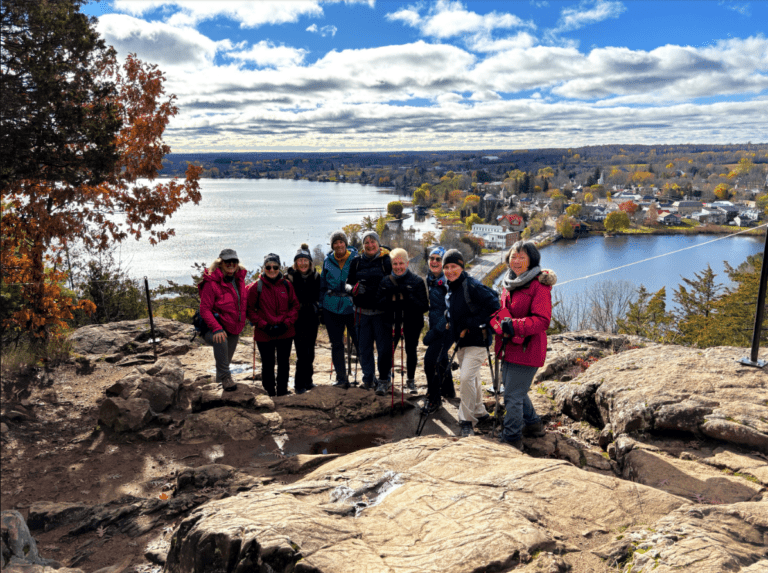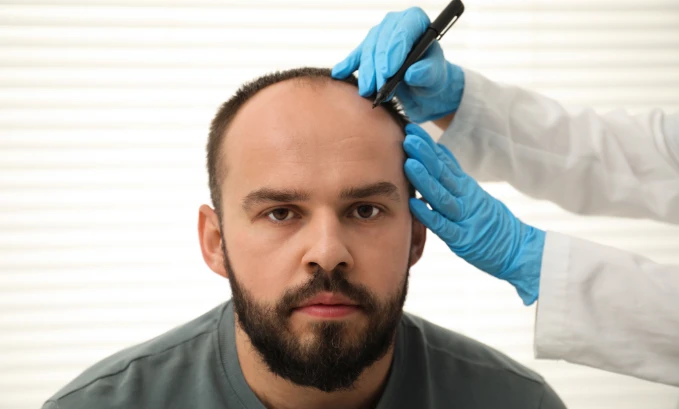
As you grow older, your understanding of health evolves. What once seemed unimportant in your 20s becomes vital in your 40s and beyond. This shift in awareness isn’t just about more frequent doctor visits; it reflects a deeper understanding of the body’s needs, changing hormones, and the importance of preventative care. From diet and exercise to emotional well-being and hormonal health, age brings new perspectives on what it means to stay healthy.
Youthful Confidence and Limited Concern
In your younger years, many tend to feel invincible. Health concerns often take a backseat to careers, social lives, and personal growth. Sleep deprivation, fast food, and limited physical activity don’t seem to have immediate consequences, so you rarely stop to think about long-term impacts. Annual checkups may be skipped, and most health decisions are reactive rather than preventative.
This mindset is common during the late teens and twenties, when metabolism is high, recovery is quick, and life feels limitless. However, this is also when the foundation for lifelong health is built, whether you realize it or not.
A Shift in the 30s and 40s
By the time you reach your 30s, things begin to change. Responsibilities increase, and stress starts to play a more visible role in your life. For many, this decade brings the first real awareness of how lifestyle choices affect overall health. Sleep becomes more important. Recovery from illness or injury takes longer. Weight management starts to require effort.
In the 40s, hormonal shifts begin to surface, particularly for women. Menstrual cycles may become irregular, energy levels fluctuate, and mental clarity can dip. This period often marks the start of perimenopause, prompting individuals to seek better information and medical support. Awareness grows around nutrition, stress management, and fitness, not for appearance, but for long-term vitality.
Navigating Menopause and Midlife Changes
For women entering midlife, menopause becomes a central focus of health awareness. It’s more than just the end of menstruation; it brings a range of physical and emotional changes, from hot flashes and sleep disturbances to mood swings and memory lapses. This stage calls for a new level of health understanding, one rooted in balance and self-compassion.
Support during this time is essential, and many turn to specialists who understand the intricacies of hormonal health. Working with an Ottawa menopause specialist can help women navigate this transition with confidence. From hormone therapy to lifestyle adjustments, tailored care helps individuals feel seen, supported, and empowered in their health journey.
The Importance of Preventative Care After 50
As you move into your 50s and beyond, preventative care takes center stage. Screenings for cancer, heart disease, osteoporosis, and other age-related conditions become more frequent. People become more proactive, choosing to prioritize physical activity, reduce processed foods, and stay socially engaged to support mental well-being.
Mental health, often overlooked in earlier decades, becomes a critical aspect of healthy aging. With retirement and lifestyle shifts, many begin to focus more on emotional fulfillment, mindfulness, and maintaining meaningful relationships. This broadened awareness creates a more holistic view of health, one that encompasses mind, body, and spirit.
Embracing Change and Supporting Others
Health awareness doesn’t just change for yourself as you age; it also affects how you care for others. Aging parents, partners, and even younger family members benefit from the knowledge and empathy you gain through your own health journey. Conversations about health become more open and informed, breaking down stigma and encouraging others to seek help when they need it.
Aging brings wisdom, and with it comes the ability to advocate not just for yourself but for the people around you. Whether it’s sharing a resource, supporting a loved one through menopause, or encouraging regular checkups, this awareness ripples outward, fostering a healthier community.
Conclusion
Health awareness is not static; it evolves with every decade, shaped by experiences, bodies, and shifting priorities. What begins as a distant thought in youth becomes a powerful, proactive force in later years. From recognizing the signs of hormonal changes to embracing preventative care, growing older offers a chance to redefine your relationship with health and empower yourself to live fully and well.













